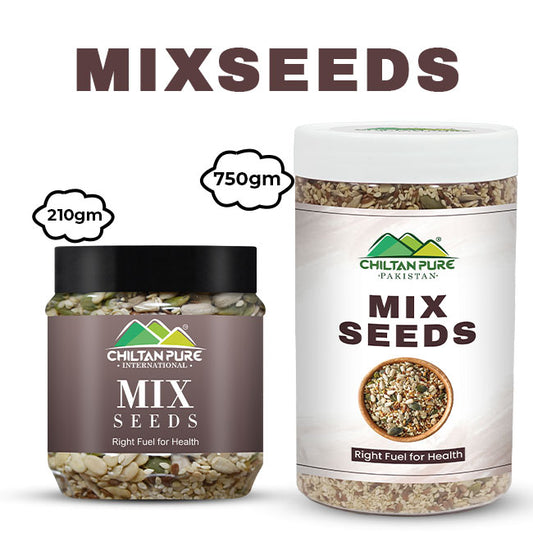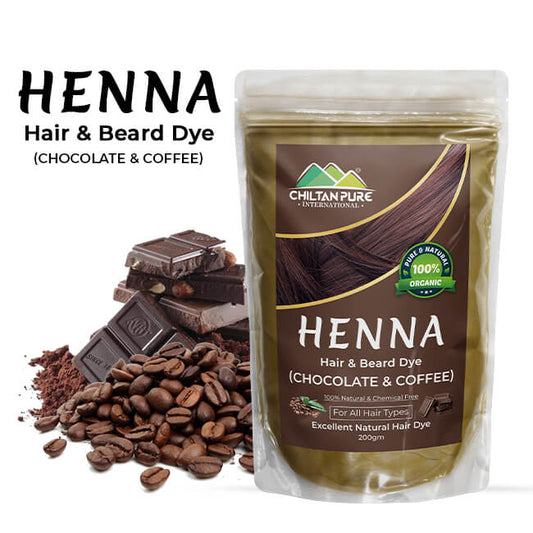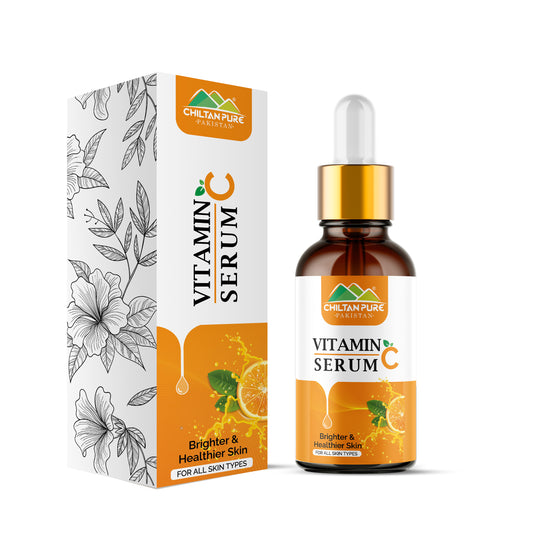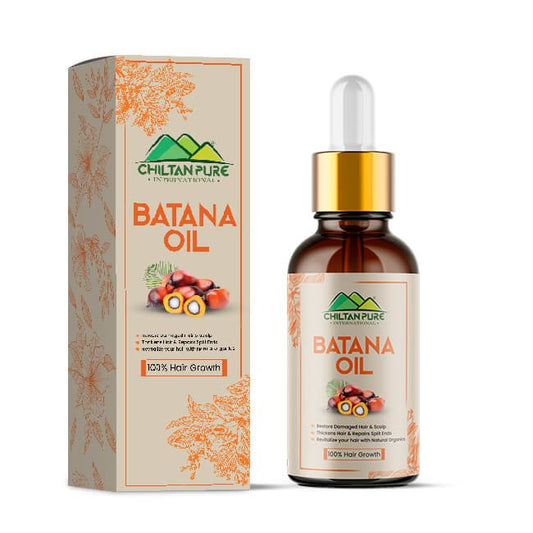Pistachio Nuts - A Perfect Blend of Crunch, Protein, and Nutrition (Roasted & Salted)
- Regular price
- Rs.6,300
- Regular price
-
Rs.7,000 - Sale price
- Rs.6,300
- Unit price
- per
Prime Fast Delivery
|
Couldn't load pickup availability

Vendor: ChiltanPure
Pistachio Nuts - A Perfect Blend of Crunch, Protein, and Nutrition (Roasted & Salted)
Vendor: ChiltanPure
Pistachio Nuts - A Perfect Blend of Crunch, Protein, and Nutrition (Roasted & Salted)
Roasted and salted pistachios are a delicious and nutritious snack, offering a perfect balance of crunch, flavor, and health benefits. Packed with high-quality protein, fiber, and heart-healthy fats, pistachios provide long-lasting energy and keep you feeling full for longer. These green nuts are rich in essential vitamins and minerals like vitamin B6, potassium, magnesium, and antioxidants, which help improve heart health, support brain function, and strengthen the immune system. The roasting process enhances their naturally nutty flavor, while a light touch of salt adds a satisfying savory taste, making them an irresistible snack option.
Beyond their incredible taste, roasted and salted pistachios are great for weight management and muscle recovery due to their high protein content. They help regulate blood sugar levels, support healthy digestion, and promote glowing skin with their powerful antioxidants. Whether enjoyed on their own, mixed into salads, added to desserts, or used as a crunchy topping for yogurt and oatmeal, pistachios are a versatile superfood that makes healthy eating both enjoyable and satisfying.
badam piste
pistadry fruit
Heart Health
Rich in monounsaturated fats and antioxidants, pistachios help reduce bad cholesterol (LDL) and increase good cholesterol (HDL), supporting overall cardiovascular health and reducing the risk of heart disease.Rich in Protein
With a high protein content, pistachios are excellent for muscle repair and growth. They’re a great plant-based protein source for vegetarians and anyone looking to add more protein to their diet.brWeight Management
Despite their small size, pistachios are filling due to their combination of protein, fiber, and healthy fats. They help control appetite and prevent overeating, making them a smart snack choice for weight management.Brain Boost
Packed with vitamin B6 and healthy fats, pistachios support brain function, enhance cognitive abilities, and improve mood regulation. Their nutrients contribute to better memory and concentration.|
Enjoy a handful of pistachios as a quick, healthy, and satisfying snack.
|
|
Sprinkle pistachios over oatmeal, yogurt, porridge, or use them in cakes, cookies, energy bars, or traditional sweets like kheer and halwa.
|
|
|
|
|
Related Products
- Regular price
- From Rs.1,799
- Regular price
-
Rs.1,999 - Sale price
- From Rs.1,799
- Unit price
- per
- Regular price
- From Rs.1,799
- Regular price
-
Rs.1,999 - Sale price
- From Rs.1,799
- Unit price
- per
- Regular price
- From Rs.1,799
- Regular price
-
Rs.1,999 - Sale price
- From Rs.1,799
- Unit price
- per
- Regular price
- From Rs.1,799
- Regular price
-
Rs.1,999 - Sale price
- From Rs.1,799
- Unit price
- per
- Regular price
- From Rs.1,799
- Regular price
-
Rs.1,999 - Sale price
- From Rs.1,799
- Unit price
- per
- Regular price
- From Rs.1,799
- Regular price
-
Rs.1,999 - Sale price
- From Rs.1,799
- Unit price
- per
- Regular price
- From Rs.1,799
- Regular price
-
Rs.1,999 - Sale price
- From Rs.1,799
- Unit price
- per
- Regular price
- From Rs.1,799
- Regular price
-
Rs.1,999 - Sale price
- From Rs.1,799
- Unit price
- per
- Regular price
- From Rs.1,799
- Regular price
-
Rs.1,999 - Sale price
- From Rs.1,799
- Unit price
- per
- Regular price
- From Rs.1,799
- Regular price
-
Rs.1,999 - Sale price
- From Rs.1,799
- Unit price
- per
Recently Viewed Products
- Regular price
- From Rs.1,799
- Regular price
-
Rs.1,999 - Sale price
- From Rs.1,799
- Unit price
- per
- Regular price
- From Rs.1,799
- Regular price
-
Rs.1,999 - Sale price
- From Rs.1,799
- Unit price
- per
- Regular price
- From Rs.1,799
- Regular price
-
Rs.1,999 - Sale price
- From Rs.1,799
- Unit price
- per
- Regular price
- From Rs.1,799
- Regular price
-
Rs.1,999 - Sale price
- From Rs.1,799
- Unit price
- per
- Regular price
- From Rs.1,799
- Regular price
-
Rs.1,999 - Sale price
- From Rs.1,799
- Unit price
- per
- Regular price
- From Rs.1,799
- Regular price
-
Rs.1,999 - Sale price
- From Rs.1,799
- Unit price
- per
- Regular price
- From Rs.1,799
- Regular price
-
Rs.1,999 - Sale price
- From Rs.1,799
- Unit price
- per
- Regular price
- From Rs.1,799
- Regular price
-
Rs.1,999 - Sale price
- From Rs.1,799
- Unit price
- per
- Regular price
- From Rs.1,799
- Regular price
-
Rs.1,999 - Sale price
- From Rs.1,799
- Unit price
- per
- Regular price
- From Rs.1,799
- Regular price
-
Rs.1,999 - Sale price
- From Rs.1,799
- Unit price
- per
- Choosing a selection results in a full page refresh.











![Red Onion Oil 🧅 Reduces Hair Fall & Accelerates Hair Regrowth [پیاز کا تیل].. Trending.... 🔥](http://chiltanpure.pk/cdn/shop/files/Onion-Oil_533x.jpg?v=1707234520)
![Red Onion Oil 🧅 Reduces Hair Fall & Accelerates Hair Regrowth [پیاز کا تیل].. Trending.... 🔥 - Mamasjan](http://chiltanpure.pk/cdn/shop/products/red-onion-oil-reduces-hair-fall-amp-accelerates-hair-regrowth-piaz-ka-til-trending-291868_533x.jpg?v=1707234520)













